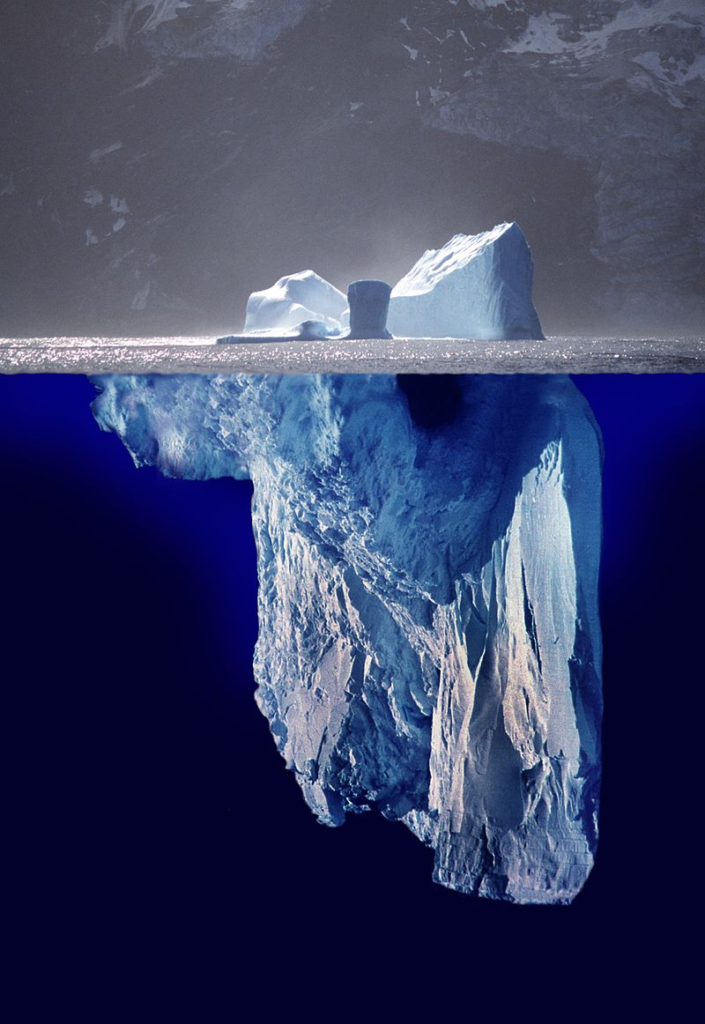At the cusp of the twenty-first century, the record industry went through vast transformations. Technology was once again at the helm of the ship, and the compass was pointed towards disastrous change for those resting in first class. With CDs peaking, in what seemed a golden age for music sales, record executives were on top of the world. So high upon their chariot, they may have been blinded by what was about to come.

In the first three years of the nineties, within the technology sector, major changes were unfolding. These changes would forever alter the landscape of the modern world, and in-turn the greater human experience on Earth. In 1990, a new technology was brought to the forefront, the MP3. This new file type had great implications for the record industry, in part due to its ability to compress “digital files by a factor of 12 to a size that [could] be easily sent from computer to computer without compromising quality” (Taintor). This was a major innovation, yet it paled in comparison to the unveiling of the world wide web on April 30th, 1993 (Ring). With this new global network of shared information, the world became immediately smaller and more connected than ever before. Combined, these two technologies would cripple the record industry by the turn of the 20th century.

With music publishers already battling with CompuServe, over their music forum that facilitated music file downloading, and the RIAA [Recording Industry Association of America] in conflict with MP3 device manufacturers over the potential of unlawful music copying, the turmoil had already begun. But as we all know, this was barely the tip of the iceberg. Despite their current struggles, the record industry, as a whole, seemed to be in control of the situation. “Ninety-eight [1998] sales were good, sales were increasing, cds hadn’t yet plateaued, cd sales were still increasing”, says former Chairman and CEO of the RIAA, Hilary Rosen (RADON). In addition, despite a subtle nudge from more forward thinking individuals in the industry, record labels seemed uninterested in embracing the notion of digital sales via the internet. According to an article by The Guardian, some have suggested that the record label’s own ego-driven nature and pure laziness had really been their downfall. “Jeremy Silver, VP for new media worldwide at EMI at the end of the 1990s, recounts chasing one of EMI’s most senior executives into the toilets to speak to him about digital plans: ‘The only time I could get him to stay still and listen to me was when he was having a piss'” (Forde).

Enter Napster. “The vision behind Napster, in the very early stages, was just to come up with a system that made the sharing of mp3s so easy that a housewife, or a grandmother in Iowa could do it”, said Shawn Fanning co founder of Napster on a documentary called PressPausePlay. He continued, “We were the wake up call for the record companies, we were the first time that they were forced to recognize what was happening with content distribution on the internet.” (RADON). When Napster hit the scene on June 1st, 1999, it sent the concept of file-sharing (aka music piracy) into the mainstream. Within the first few months of its launch, Napster had more than 100,000 users. But, by 2001 there were more than twenty-five million verified users (Forde). One music writer recalls, “Some of my earliest memories of discovering new music involved piracy. I came of age in a time when music was free on the internet…I was one of millions of people who downloaded music without paying for it…”, the writer then goes on to acknowledge that he is quite pleased to pay for music today (McIntyre).

In the film PressPausePlay, former CEO of the RIAA recalls her experiences at the time. “I remember talking to a company executive who hadn’t really tried it [Napster]..”, She told him, “…Go to your computer right now and follow my instructions. People were astounded, much like the music fan who happened on Napster was. People were infuriated. You know, I think the room sorta ran the gamut of emotions, from excited, thrilled, to just completely outraged” (RADON). In another boardroom, “A man from one of the majors banged the table and said the answer was to ban the internet” (Forde).
Without a doubt, Napster had opened the eyes of record executives around the world. The platform made such an impact, at such a volatile time, that they became the target of an industry wide assault. Napster, and its executive board were slammed with one lawsuit after another, both by major labels like Sony and Warner Brothers, as well as iconic musical acts like Metallica and Dr. Dre (Forde, McIntyre). Shawn and his colleagues didn’t win a single case (McIntyre). According to The Guardian, the company’s legal fees and settlement payments forced them into bankruptcy in 2002, and this led to a large number of resignations, and ultimately sunk the company and its brand. It was a game-changing blow to the founders of Napster, however now CEO of digital music distribution company AWAL, Paul Hitchman states that, “In a way, Napster won. From a consumer point of view, it opened up music to the whole world in a completely liberated way” (Forde).
Since their downfall, Napster has continued to maintain somewhat of a foothold in the music industry. Though they are now in the shadows of companies like Spotify, the company persists, albeit in a significantly different form. The company now maintains their status as a streaming service. And for Shawn Fanning, don’t feel too bad for the guy, as of 2018, he is touted as having a net worth of over 2 billion dollars.
Well then my friends, are we beginning to pick up on a trend here? I know I am. What we have is some kind of cyclical rhythm of technology changing the music industry, and the music industry sprinting to catch up with the change. As expressed by George Glueck, former owner of X-Cell records, “…for the first time the role of record companies was put in question. The power of record companies was in distribution, through placement of records in record shops, and promotion…but all of that went out the window…” (Glueck).

I feel like, once again, the take away from all of this is that the world is currently on the knee of an exponential growth curve of technological change. The changes are coming faster and faster, and are presenting themselves in greater and greater form. What is real today, isn’t stable. Because, somewhere as I type and you read, there is an innovator who is crafting the next wave of change. We cannot lean on anything right now. We must stand upright, on our own, and work. Work harder than ever, and keep making great art, and maybe, just maybe, the next wave of change will reward us for our dedication to our craft, perseverance, and grit. Keep up the good work friends, and always be looking upward.

The next six blog entries in the series will be as follows:
- TikTok & The Modern Music Industry
- Building A Brand As An Independent Artist
- Building An E-Commerce Website
- How To Get On Spotify & Other Streaming Sites
- Releasing Your First Single
_____________________________________________
Sources:
Glueck, Joelle. “How the Internet Changed the Music Industry.” Medium, Medium, 31 Dec. 2020,
RADON, Valtech. “PressPausePlay.” Vimeo, 29 Apr. 2024



